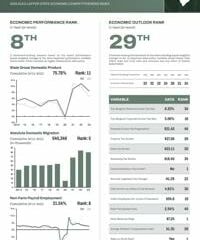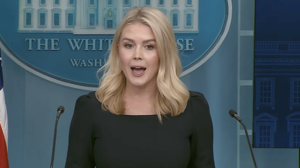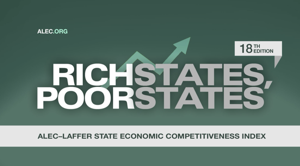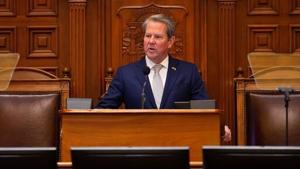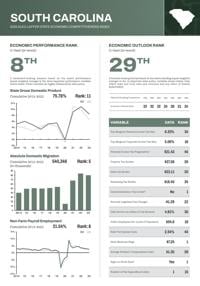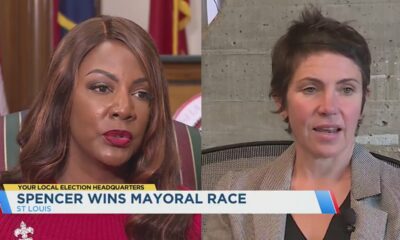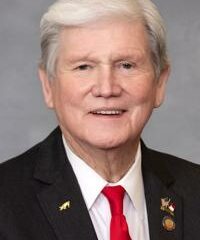(The Center Square) – The City of Los Angeles faces a nearly billion dollar deficit for the coming year, with the city’s budget crisis predating the recent Palisades Fire.
According to city officials, thousands of city employees could be fired, and entire departments could be eliminated in next year’s budget set to be unveiled next month.
In September 2024, City Controller Kevin Mejia warned the city was “going broke” after spending half of its reserves in one year.
Now, it is broke and will require “thousands” of layoffs and vast restructuring to make ends meet.
“We are not looking at dozens or even hundreds of layoffs, but thousands,” said City Administrative Officer Matt Szabo at a Los Angeles City Council meeting. “We may need to look at eliminating some departments.”
Szabo’s presentation noted that the city is “facing serious financial headwinds” that were “exacerbated by the recent wildfires” and “financial uncertainties due to federal actions.”
“Immediate spending reductions are required, and we must prepare for further reductions,” said Szabo’s presentation.
“Property, sales, [hotel and occupancy] tax, sales tax, together combined for a $50 million shortfall in these receipts to date,” said Szabo, whose report was on the first half of the fiscal year.
The city had spent $300 million more than budgeted, meaning the city faces a growing fiscal gap.
“The economic conditions contributing to this revenue loss are persisting and in most cases are weakening further,” continued Szabo.
Szabo also said that next year, the city will be subsidizing its solid waste collection program with $200 million, an increase of $80 million from the year prior, if changes are not made.
The city also must make a required $275 million restoration payment to its reserves to reach the 5% coverage minimum.
The combined $931 million gap also includes a $61 million “starting gap,” $315 million “revenue gap,” $100 million liability increase and $100 million increase in pension spending.
Mayor Karen Bass, who is facing a recall effort for her wildfire planning and response, shared her readiness to make severe cuts in a letter she wrote to Szabo.
“We must consider no program or department too precious to consider for reductions or reorganization. In this time of economic uncertainty, our north star must be whether a City program or department is operating as efficiently and effectively as possible,” wrote Bass in a letter her office shared with The Center Square. “If they can operate better, or if they should not operate at all, we must make those changes, and make them now.”
The City of Los Angeles has “more than 50,000” employees and adopted a $12.9 billion budget for the 2024-2025 fiscal year.
Layoffs could further slow the Palisades Fire rebuilding, with victims already facing permitting delays.



